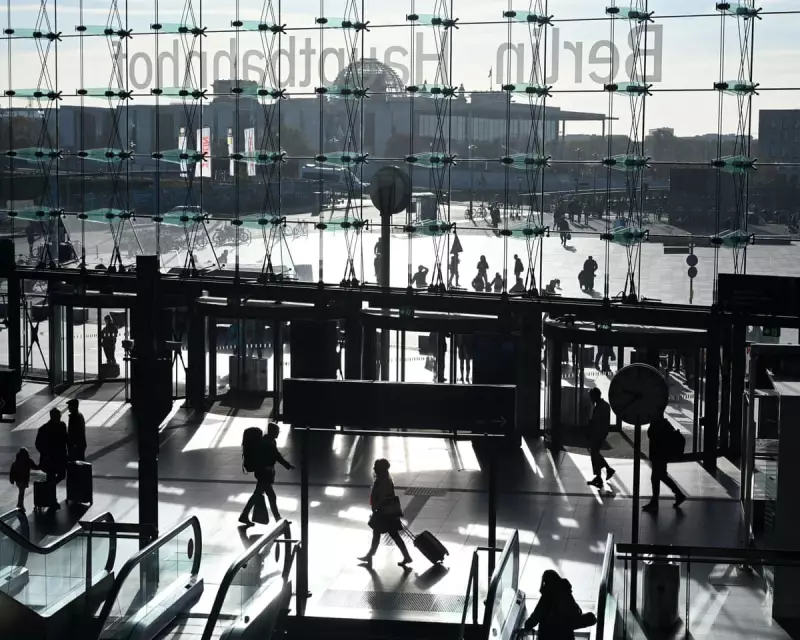
The competition to dominate cross-Channel rail travel is intensifying dramatically, with London and Berlin emerging as the key rivals in a high-stakes battle for European rail supremacy. New players are entering the market for the first time since the Channel Tunnel's opening, threatening Eurostar's long-held monopoly.
New Challengers Enter the Fray
The landscape of cross-Channel travel is undergoing its most significant transformation in decades. Spanish-owned Evolyn has announced ambitious plans to commence London-Paris services by 2025, acquiring a fleet of 12 French-built TGV trains in a direct challenge to Eurostar's dominance.
Meanwhile, Dutch start-up Heuro is pursuing an even more ambitious strategy, aiming to connect multiple European cities including London, Paris, Brussels, Amsterdam, and Berlin with a proposed 16-train fleet.
The Berlin Factor: Europe's New Rail Hub
Berlin's emergence as a potential terminus for new services represents a particular threat to London's established status as the UK's gateway to Europe. The German capital's central European location and excellent rail connections make it an attractive hub for operators seeking to serve multiple destinations.
This development could potentially draw traffic away from traditional London-centric routes, reshaping the economic geography of cross-Channel travel and challenging the UK's position in European rail networks.
Capacity Constraints and Infrastructure Challenges
The surge in interest from new operators has highlighted significant capacity issues within the Channel Tunnel infrastructure. With only 18 paths available each way per day, and Eurostar already utilising 14-15 of these, competition for remaining slots is becoming increasingly fierce.
Getlink, the tunnel's operator, has confirmed receiving multiple applications from prospective train companies, indicating that not all aspiring operators will secure the paths necessary to launch their services.
Market Expansion and Consumer Benefits
Despite infrastructure limitations, the arrival of competition is expected to stimulate market growth significantly. Industry analysts predict the cross-Channel rail market could expand from its current 4-5 million annual passengers to 12-13 million within the next decade.
This expansion is likely to bring consumer benefits including more competitive pricing, increased service frequency, and improved connectivity between the UK and multiple European destinations beyond the traditional Paris and Brussels routes.
The Future of Cross-Channel Travel
As the battle between London and Berlin for rail supremacy continues to develop, passengers stand to benefit from increased choice and improved services. The coming years are likely to see a fundamental reshaping of how travellers move between the UK and mainland Europe, with high-speed rail becoming an increasingly attractive alternative to air travel on many routes.
The success of new entrants will depend on their ability to navigate complex infrastructure constraints, secure suitable rolling stock, and deliver services that meet the evolving expectations of European travellers.




